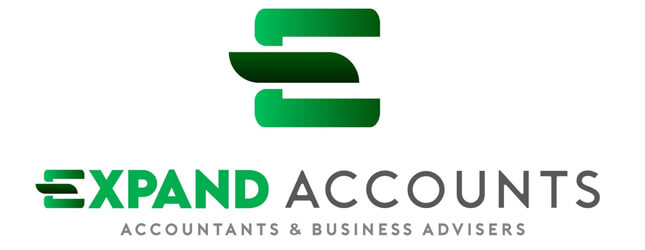
What is Gross Payment CIS?
As a construction accountant, I often recommend that eligible businesses apply for gross payment status under CIS. This comprehensive guide will explain what it is, the substantial cash flow benefits, and exactly how to qualify.
What is Gross Payment Status?
Gross payment status (GPS) is an HMRC-approved status that allows subcontractors to receive payments from contractors without any CIS deductions. Instead of having 20% or 30% deducted at source, you receive 100% of your payment and handle your tax obligations directly with HMRC.
Cash Flow Benefits Explained
Immediate Financial Impact
Let’s analyse the cash flow difference with a £10,000 invoice:
Standard CIS (20% deduction)
Invoice Amount: £10,000
CIS Deduction: £2,000
Net Payment Received: £8,000
With Gross Payment Status
Invoice Amount: £10,000
CIS Deduction: £0
Net Payment Received: £10,000
Long-Term Financial Benefits
Working Capital Improvement
- Retain 100% of payments
- Reduced need for overdraft facilities
- Better supplier payment terms
- Increased investment capability
Business Growth Opportunities
- Larger project capabilities
- Better equipment financing options
- Improved supplier relationships
- Enhanced credit rating potential
Cost Savings
- Reduced finance costs
- Lower banking fees
- Better bulk purchase ability
- Improved cash discount opportunities
Qualifying for Gross Payment Status
Business Test Requirements
Turnover Thresholds
- Sole Traders: £30,000+ annually
- Partnerships: £30,000+ per partner annually
- Companies: £30,000+ per director annually
- Limited Liability Partnerships: £30,000 per member
Business Location Requirements
- Business must be run through UK bank account
- Principal place of business must be in UK
- Must maintain proper business records
Compliance Test Requirements
Tax Compliance
All tax returns submitted on time
- Self Assessment/Corporation Tax
- VAT returns
- CIS returns
- PAYE/NIC returns
Payment History
All tax payments made by due dates
- Income Tax
- Corporation Tax
- VAT
- PAYE/NICs
- CIS deductions
Clean Compliance Record
- No tax-related penalties
- No contract violations
- No false statement submissions
- No failure to meet HMRC obligations
Application Process
Initial Preparation
- Review qualification criteria
- Gather supporting documentation
- Check compliance history
- Prepare business records
Application Submission
- Complete form CIS305
- Provide business details
- Submit turnover evidence
- Include bank account information
HMRC Review
- Business test assessment
- Compliance check
- Director/partner reviews
- Bank account verification
Maintaining Gross Payment Status
Monthly Requirements
- Submit all returns on time
- Pay all taxes by due dates
- Maintain accurate records
- Report changes to HMRC
Annual Review
HMRC reviews your status yearly, checking:
- Turnover levels
- Tax compliance
- Payment history
- Business structure changes
Risk Management
Common Pitfalls to Avoid
- Missing filing deadlines
- Late tax payments
- Incomplete records
- Unreported changes
- Poor communication with HMRC
Best Practices
- Set up payment reminders
- Use accounting software
- Regular compliance checks
- Maintain documentation
- Professional oversight
What to Do If Status is Revoked
Immediate Actions
- Review reason for revocation
- Address compliance issues
- Adjust cash flow planning
- Inform key stakeholders
- Plan reapplication strategy
Prevention Strategy
- Calendar all deadlines
- Monthly compliance reviews
- Quarterly status checks
- Regular HMRC updates
- Professional guidance
Expert Tips for Success
- Build Cash Reserves
- Plan for tax payments
- Maintain emergency fund
- Regular cash flow forecasting
- Professional Support
- Regular accountant meetings
- Tax planning reviews
- Compliance monitoring
- Status maintenance help
- Systems and Processes
- Digital record keeping
- Automated reminders
- Regular reconciliation
- Documentation backup
Need More Help?
Stay compliant and profitable,





